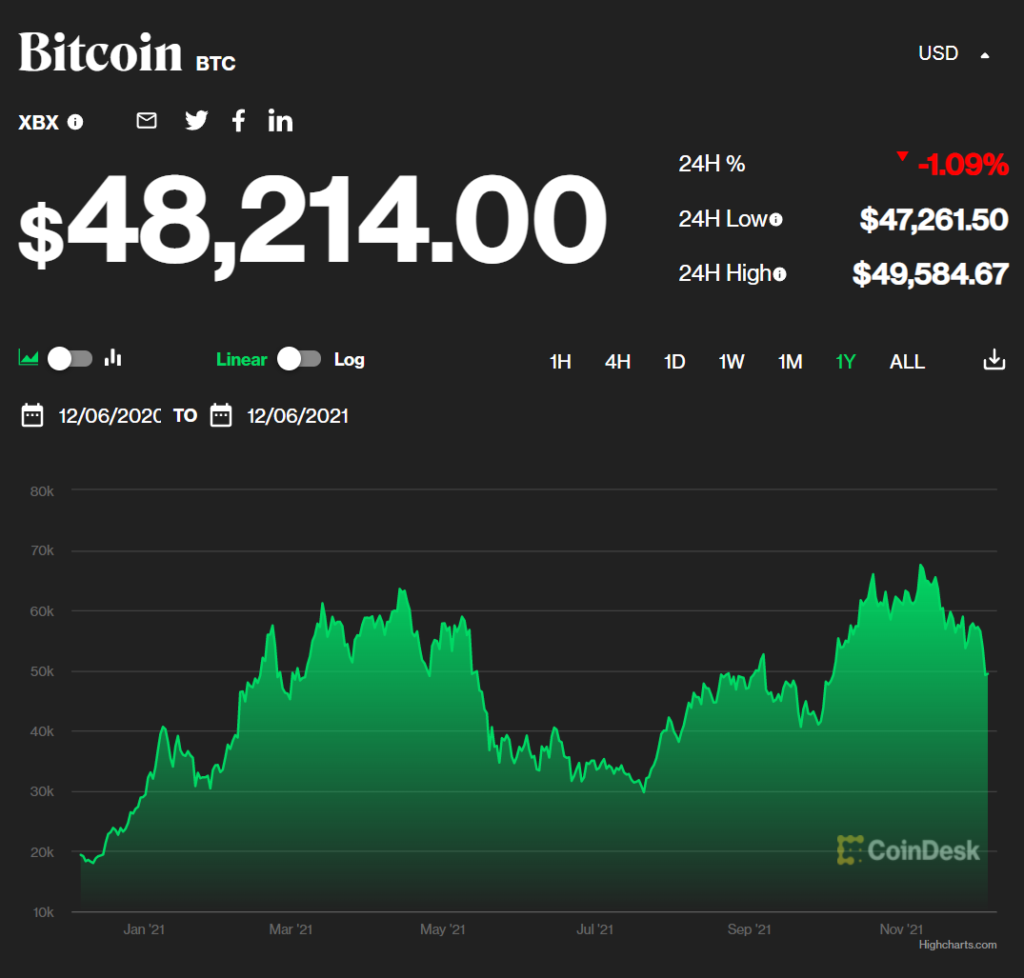Whether you think of Bitcoin and other cryptocurrencies as a currency, an asset, a commodity, a security or a fad is something that is now 100% up to you. The Bitcoin and crypto loyalists much know by now that there are sell-offs and crashes that come out of the blue and are simply beyond normal market conditions. Let’s just say that a price crash close to midnight on Friday night is not the norm — it isn’t even close.
Bitcoin itself may not be a classic collectible, but it has replaced non-fiat haven purchases for many holders (and HODLrs) who might have otherwise bought gold or silver in prior years. And some of those gold bugs started to be HODLrs long before the ‘HODL’ saying ever even started. Those metals aren’t meant to be currency-backing any longer either and haven’t been for about 50 years now.
Bitcoin was the predecessor that kicked off countless numbers of alt-coins and then the digital assets that followed and do not even trade in actual currencies. But let’s get to the point at hand after Bitcoin’s weekend crash.
With new exchange-traded funds (actually exchange-traded products) it is good to know how these play a role. Bitcoin has futures, and the current U.S. listed exchange-traded products only track futures rather than the actual Bitcoin. That allows for tracking error due to futures roll dates, stock options trading, and so on. That tracking error was just one of the significant risks but so far it has yet to manifest.
Bitcoin was at $56,622 at 3:59 EST on December 3, then $53,512 at 15:59 EST on December 3… Zoom forward to $48,333 at 08:59 EST on December 6 and it was testing the $48,000 handle at about 09:39 EST on the same morning. All in all, this was -10.3%.
(Image by CoinDesk)

The ProShares Trust – ProShares Bitcoin Strategy ETF (BITO) was simultaneously trading at $30.40, for a loss of -$3.49 or -10.30% versus Friday’s closing price of $33.89. While the numbers are off by a minute or two, the price change was more or less identical.
The BITO product was the fastest ETF to reach $1 billion in assets. While its shares were close to $43.00 at the launch ($42.22 official opening price and $43.28 first initial close), the product has struggled to close above that level and it was last seen down right at 30% from its opening day’s close. With Bitcoin down about 29% from its high (depending on the source for the peak price), the ‘BITO’ tracking error has been less than some might have expected in a volatile environment.
Meanwhile, move over to the Grayscale Bitcoin Trust (GBTC) at the opening bell price of $38.28, and that was -$3.57 per share for a loss of just over 9.3%.
Unfortunately, leveraged buying and forced liquidations over the weekend only made a bad situation worse. It was a time where “BTFD” was met with forced instances of “GMTFOAAP” and that is just becoming an occasional expectation for Bitcoin and crypto HODLrs.
CoinDesk TV’s First Mover section posted ‘Bitcoin, Altcoins Regain Ground; What Caused the Weekend Crash?’ for Monday morning. They have also posted that the FTSE Russell is planning to develop a Crypto Index with over 40 digital assets in it.
Over the weekend it seemed like a strong bet that some tracking errors would be apparent in a very volatile market. Again, a crash late on a Friday night just isn’t normal and it’s not how fully established markets are supposed to act. That said, at least the main Bitcoin ETF’s tracking error has been negligible as of this point and time.
As previously noted…. It is an inconvenient fact that ETFs (and ETF-like products) that invest in futures rather than in the direct underlying assets come with some unique characteristics. ProShares itself has an upfront reminder about what its Bitcoin Strategy ETF does and does not invest in. The intro notes say:
- The Fund seeks to provide capital appreciation primarily through managed exposure to bitcoin futures contracts.
- The fund does not invest directly in bitcoin.
- The price and performance of bitcoin futures should be expected to differ from the current “spot” price of bitcoin.
Categories: Digital& NFT


